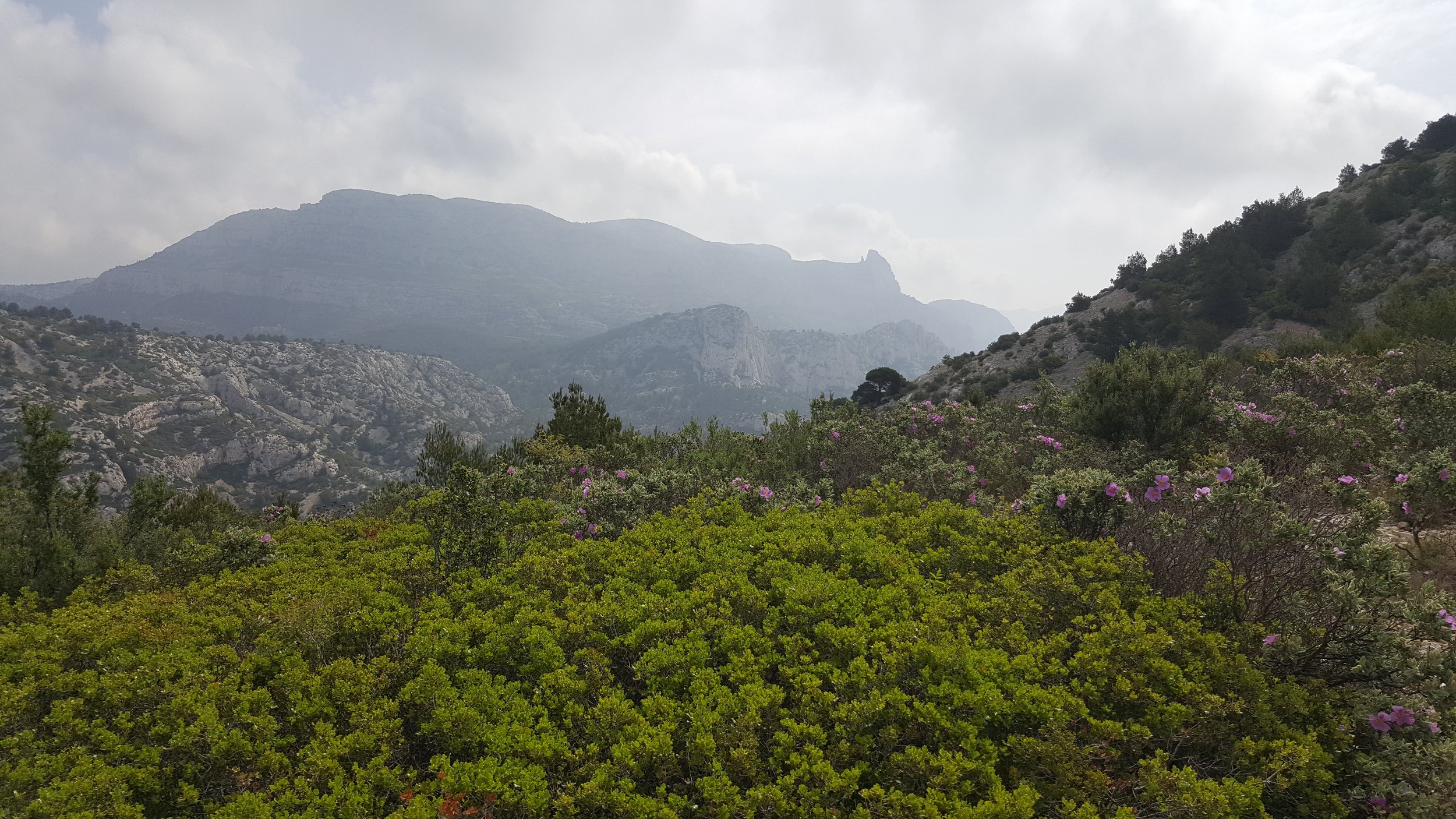We are glad to communicate that DestiMED project and MEET Network are present in the recently published European Travel Commission Handbook, created with the aim of sharing knowledge among destinations to rebuild the tourism sector after Covid-19 pandemic, in terms of safer and more sustainable travels. The DestiMED project and MEET Network have been featured as a case study thanks to their methodology to calculate the Ecological Footprint of ecotourism packages.
The global pandemic that we all suffered has highlighted some fundamental issues in the tourism industry that need to be addressed urgently. Not only is there the need to guarantee safer travels to people, due to sanitary reasons, but also to rebuild the sector with a stronger commitment to sustainability and goals planned in the long-term run.
For this reason, ETC’s resources, such as the handbook, give the possibility to destinations and tourism actors to work together and share successful tourism practices that encourage them to adapt their activities with the purpose of having a positive contribution to society while reducing environmental negative effects.
The Ecological Footprint methodology and calculator developed by the Interreg MED Programme DestiMED project and MEET Network, in collaboration with the Global Footprint Network (GFN), have been recognized as valuable assets by ETC since they provide industry-specific means to assess the impact of ecotourism packages. The Ecological Footprint is calculated according to the categories food & drink, accommodation, transport and activities. Then, the final results are given according to the whole itinerary or per tourist per day, highlighting also the natural resources needed to support the package offer and the ecosystems that are under the most pressure.
On the one hand, this enables MEET Network to verify the eligibility of the package to the MEET Catalogue while, on the other hand, protected area managers and tour operators are able to constantly check if the packages they created have a positive impact on the destinations or if they need some adjustments.
For instance, did you know that reducing the portions of food and increasing the share of local food products can strongly minimise the environmental impact of the tourist package? It was the case of the ecotourism product experience at Samaria National Park: implementing some changes, the Food & Drink Footprint was reduced by 33%, with an overall net Ecological Footprint decrease of 14% in the product as final impact.
As also reported by ETC, these kinds of assets are important to gain the trust of travellers: letting them know that what they are booking has been assessed by experts and improved if necessary, with the only aim of guaranteing a beautiful experience for them and a low impact for the destination.
You can find out more about MEET’s approach for ecotourism development in Protected Areas on our MEET Manual.
For more information and updates about DestiMED PLUS project and MEET Network, make sure you follow us on social media - links in footer!
Source: https://etc-corporate.org/uploads/2021/09/ETC_SUSTAINABLE_TOURISM_HANDBOOK_vs6_FINAL.pdf



